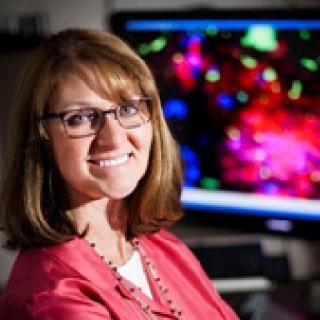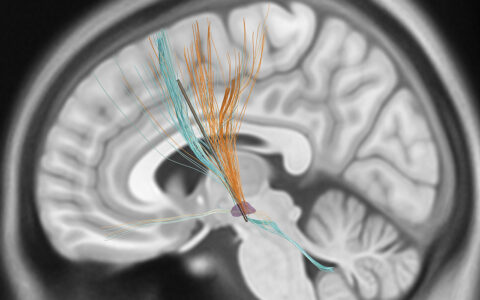Science has made significant strides in understanding the biological changes that occur in aging. However, insight into individual variations in the aging process—why some older adults recover from disease more quickly than others—is limited.
“Resilience in aging biology is understudied,” said Laura Dugan, M.D., director of geriatric medicine at Vanderbilt University Medical Center. “Why is it we can have two myocardial infarction patients of the same age and one person recovers beautifully while the other has a really difficult time? We’re beginning to understand something we call biological resilience. Resilience is something intrinsically different in an individual’s biology that helps them get better faster.”
Dugan believes that interventions targeting the biological basis of physiological aging could reduce the incidence or duration of disease and disability, dramatically improving the health of older adults. Along with fellow investigators at Vanderbilt Institute for Clinical and Translational Research (VICTR), and Vanderbilt Center for Precision Medicine, she is leading a research effort to discover protective mechanisms that decrease susceptibility to disease and improve the body’s response to it, promoting “healthy aging.”
“We’ve identified several genes that seem to predispose us to biological resilience,” said Dugan. “We need to find out why those genes are so beneficial—and figure out ways to activate them in new therapies.”
Mining EHRs to Determine Resilience Factors
The team will leverage Vanderbilt’s unique, large-scale data resources to assess new statistical approaches for identifying cases of healthy aging across diseases, and to find biomarkers that trigger the aging body’s favorable response to disease.
BioVU, Vanderbilt’s DNA database, currently houses over 250,000 DNA samples linked to deidentified electronic health records (EHRs), called the Synthetic Derivative (SD). The SD contains core elements of health-related phenotypes, including diagnoses, procedures, medications, laboratory results, radiology reports, family history, social history, vital signs, demographics, hospitalizations, and information from clinical narratives. Over 645,000 patients aged 60 years or older are included in the database.
Dugan and colleagues plan to mine SD data in phenome-wide association studies (PheWAS), designed to uncover phenotypes associated with newly found genetic markers of resilience or adaptive response. “We also plan to look at inflammatory markers and comorbidities and parse out interventions that may have differed from standard treatment,” Dugan added. “For instance, brain resilience is critical in recovery. Did our treatment for the patient’s delirium affect his or her recovery time?”
A New Framework for Discovery
“This approach will allow us to systematically explore pathways and targets in which health span can be modified.”
The team already developed a conceptual framework to help them view health span in novel ways. The framework will also pinpoint opportunities for intervention. “Genetics may show us how resilience can become impaired,” Dugan said, “but we also want to find out what we can do to promote resilience.”
Inviting more researchers to investigate resilience factors will accelerate development of therapies to prevent aging-related loss of resilience. Dugan and her team hope to create a sustainable research resource for investigators external to Vanderbilt that would provide secure and privacy-protected access to resiliency data, as well as computational and informatics tools.
“We want to shift the emphasis from lifespan to health span,” Dugan said. “This approach will allow us to systematically explore pathways and targets in which health span can be modified. Figuring out how to intervene early to help people recover more quickly would have a major impact on the quality of an individual’s later life.”





